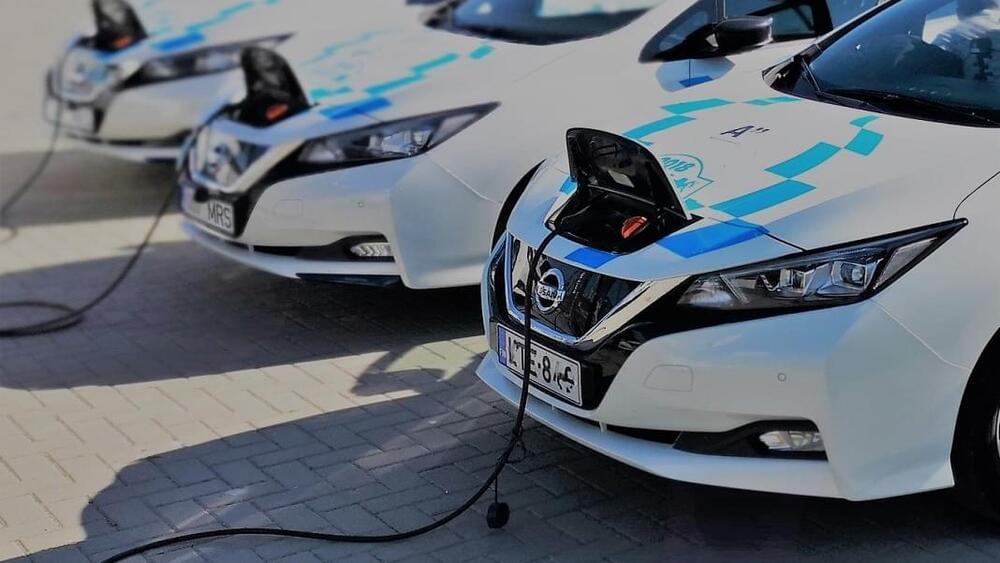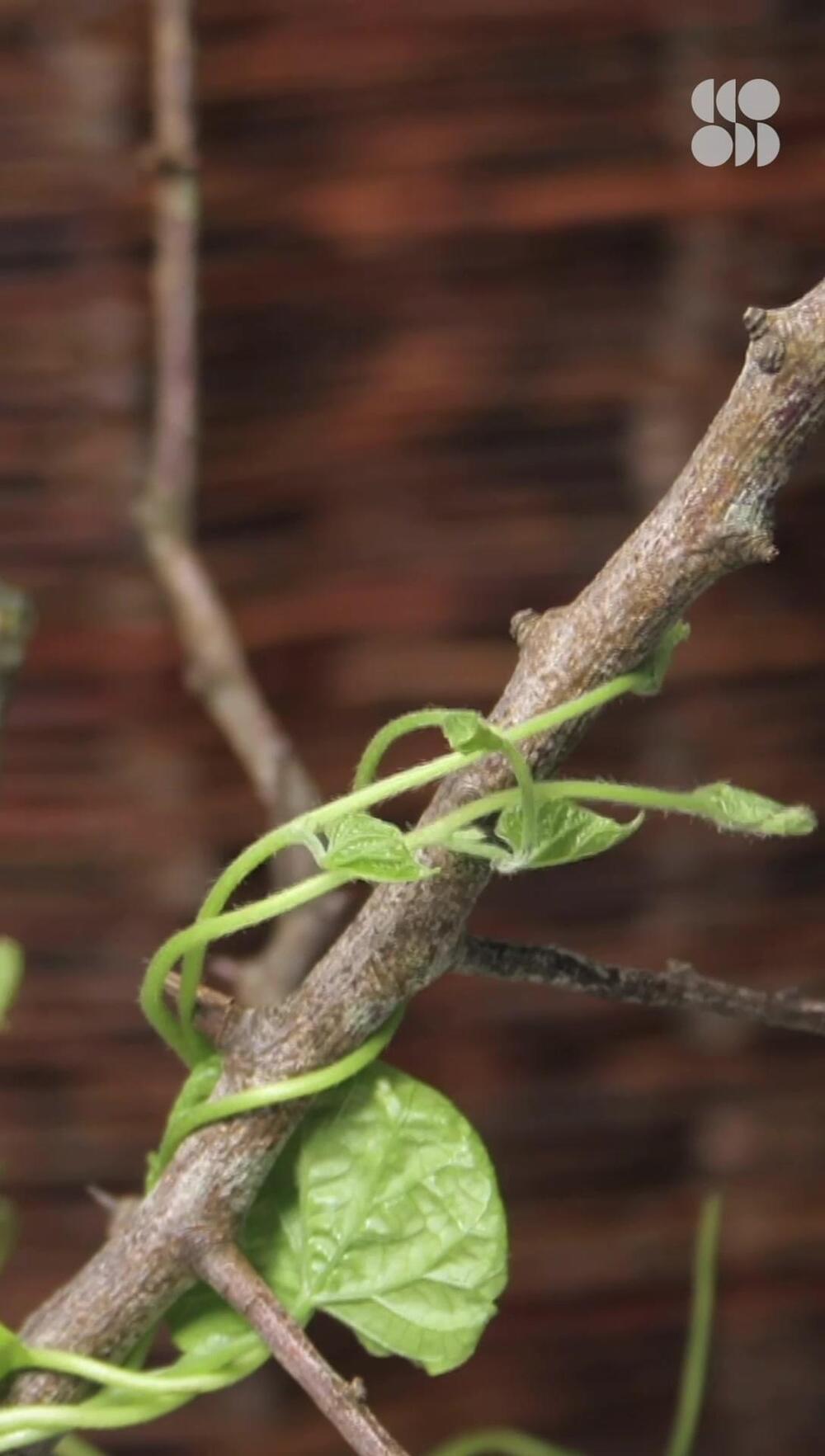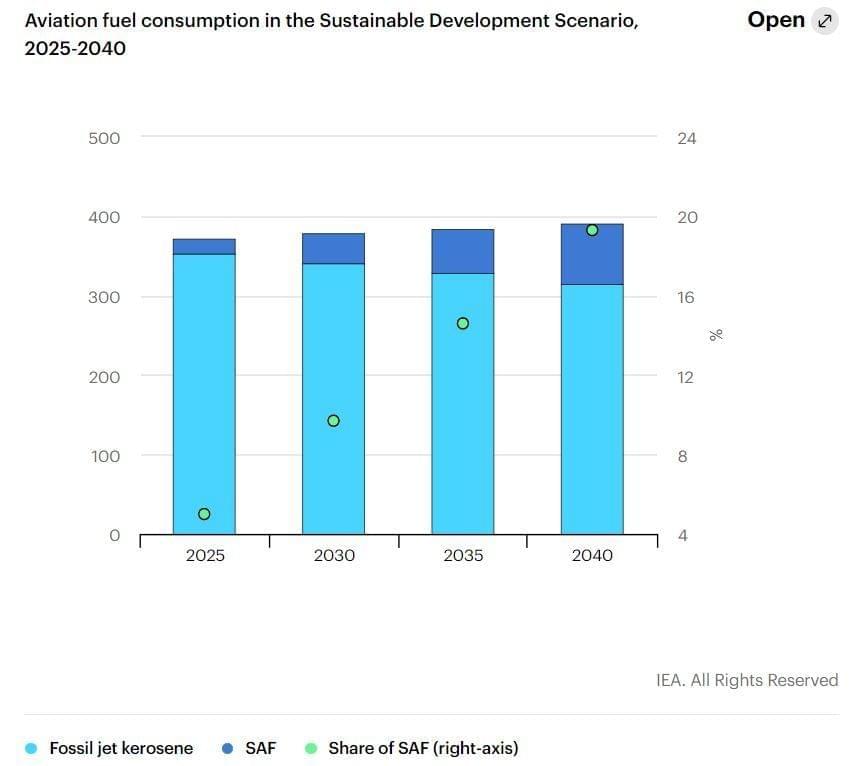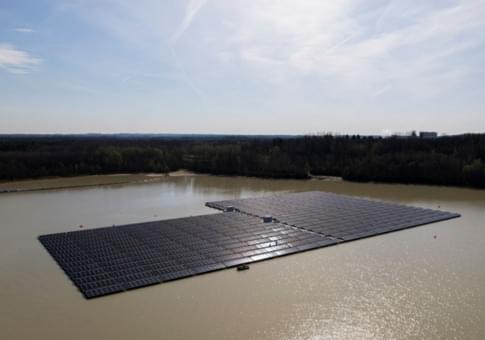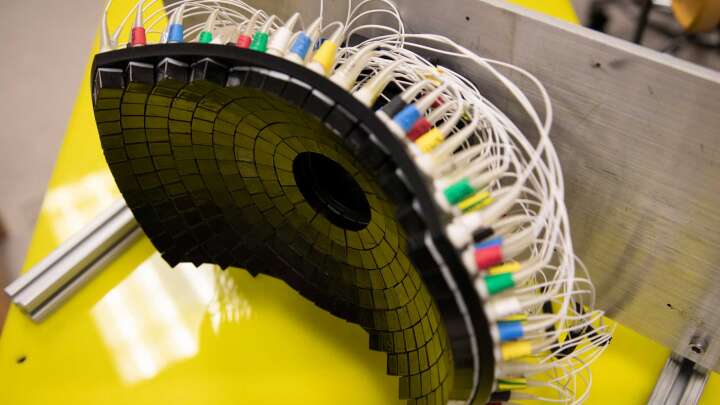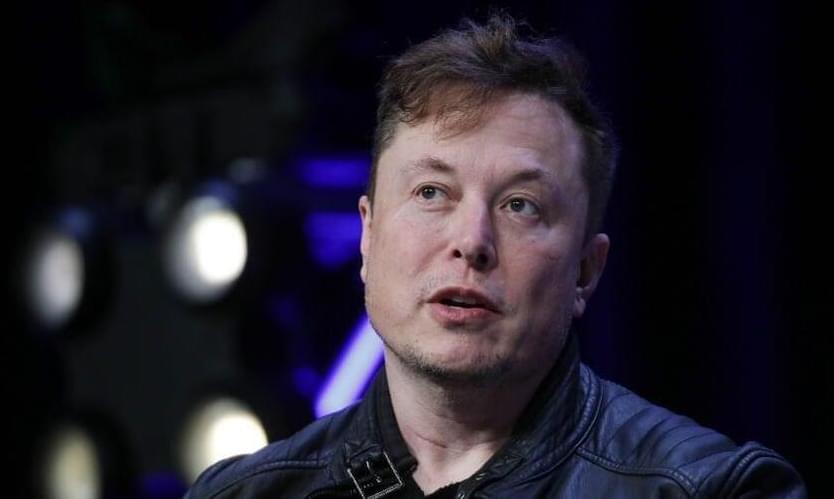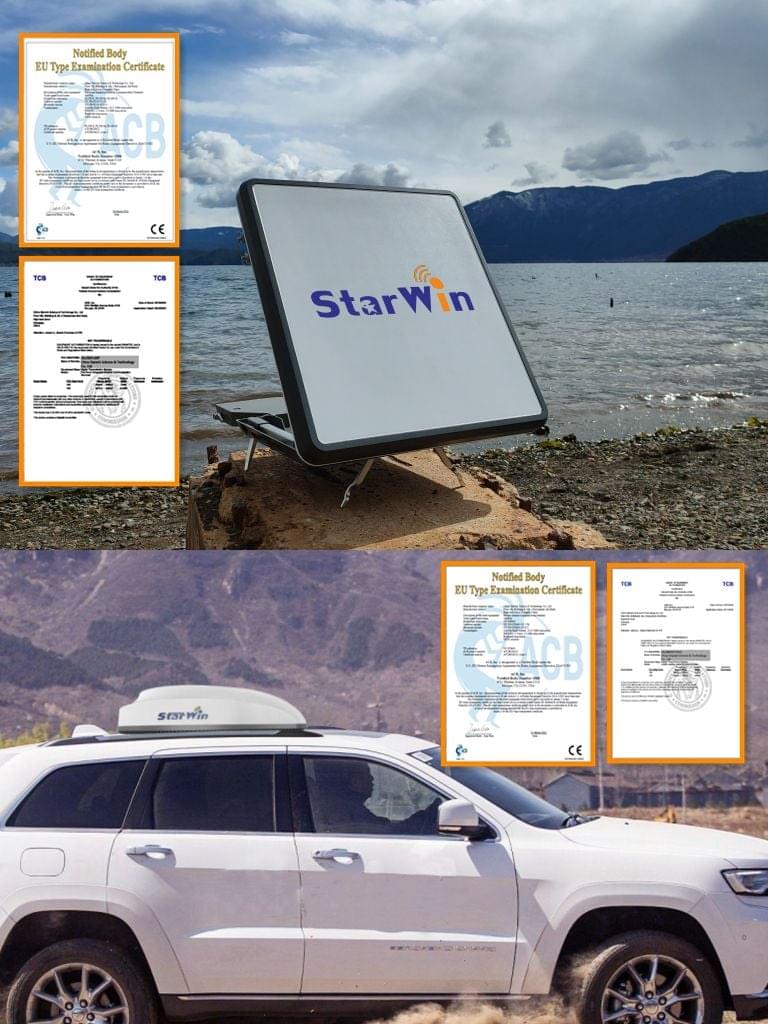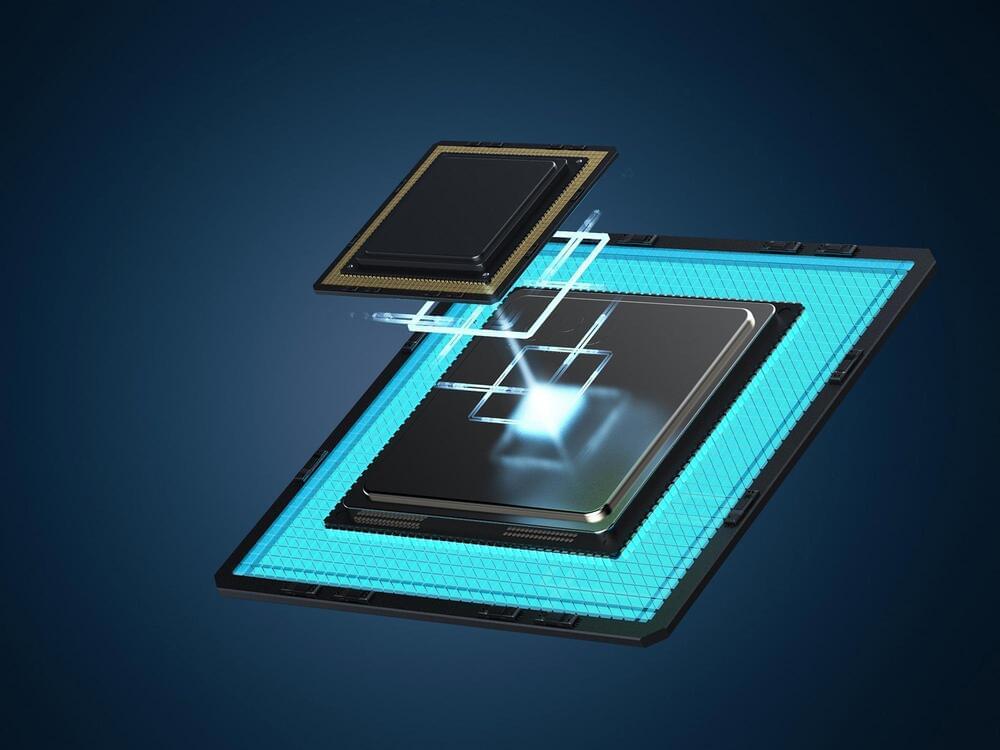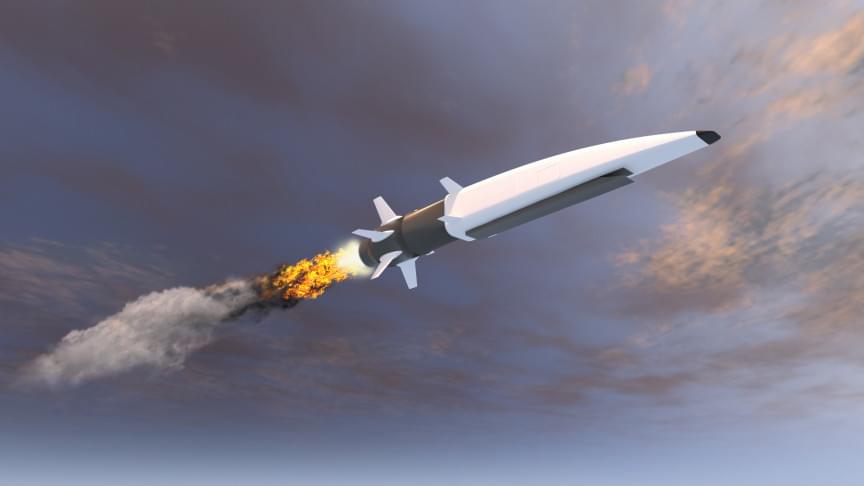Apr 24, 2022
Nissan and NASA Are Teaming Up to Make a Metal-Free Solid-State Battery
Posted by Shailesh Prasad in categories: computing, transportation
Crucially, the Nissan-NASA partnership is also focusing on batteries that don’t rely on rare metals, like cobalt (of which more than half the global supply is in the Democratic Republic of the Congo, as highlighted in an episode of the New York Times Daily podcast last month), nickel, or manganese.
But getting rid of those metals means finding materials with comparable properties to replace them, which will be no simple task. Here’s where NASA’s computing chops will lend the partnership a much-needed hand. They plan to create an original material informatics platform—that is, a massive database that runs simulations of how various materials interact with one another. When the platform narrows countless options and combinations down to a few prime candidates, researchers can then start testing them.
Nissan has targeted 2028 as the year to roll out its proprietary solid-state batteries. How realistic that timing turns out to be remains to be seen (Toyota is even more ambitious, aiming to have its own vehicles with solid-state batteries on the market by 2025), b ut Nissan is putting its money where its mouth is with plans to open a pilot plant in Japan in 2024. How this plays out will be revelatory, as scaling up manufacturing of solid-state batteries has produced unexpected complications in the past. Encouragingly, startup Solid Power ha s also targeted 2028 for comm ercializing its solid-state batteries.
